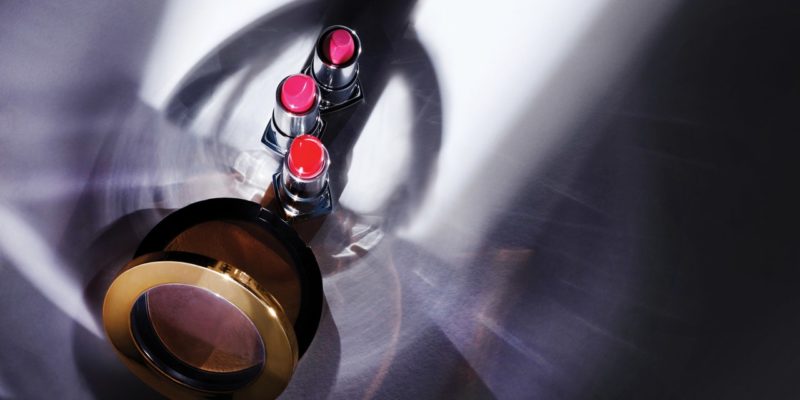
To launch the brand, CEO Zahir Dossa, 34, and his co-founders chipped in about $30,000, then got $5,000 here and there from various family members. But then Silicon Valley, where Dossa had roots, came calling. Function of Beauty was one of the first direct to consumer companies start-up accelerator Y-Combinator backed, which meant the brand could get mentorship, cash, and access to a network of potential investors.
Still, some investors didn’t always get the concept. “It was a company and a value proposition that a lot of traditional VCs just didn’t really understand initially,” says Dossa. But customers were drawn to the idea of being able to choose their own scent and add ingredients to address specific hair concerns. And more investment money followed. “Once [investors] saw growth and traction, it’s really difficult to ignore those things,” he says.
He also makes the case for having confidence in yourself. “At the end of the day, we really did think we were solving the biggest problem in beauty with the very best team.”
Don’t Be Too Eager to Take the Biggest Check
When Hero Cosmetics launched in 2017, it was with one trendy K-beauty inspired item: the Mighty Patch. Now, it’s expanded into a more complete skin-care line focused on acne, including multiple types of pimple patches, a post-acne treatment, and a cleanser. Co-founder and CEO Ju Rhyu, 41, just closed her first round of funding for Hero, which is sold at Ulta, Amazon, Target, CVS, Walmart.com, and other retailers.
Rhyu made the decision to grow her brand slowly, and it was profitable early. But having products in multiple national retailers means you have to be able to keep up with large orders. If you can’t, it can “ruin brands,” says Rhyu. So she needed to find a Goldilocks amount of funding.
When a brand takes on an investor, the founders are essentially giving up a percentage of the business, so Rhyu wanted to be strategic about where she got the cash Hero needed to grow. Some potential investors were talking about amounts that made her uncomfortable. “Big checks probably come with big expectations,” Rhyu explains. “If an investor puts in a lot of money, they’re probably going to require some kind of multiple return on that over a certain period of time.”
The brand started the process of wooing investors in February 2020, a process Rhyu says was helped along by all the press coverage the brand has received. Then COVID-19 hit, the Dow dropped, and all deals were off the table. The brand finally struck a deal that worked for everyone involved in November.
Rhyu considers investors extensions of the founding team, helping her to navigate the future. Her piece of advice? Continue to be disciplined about how you spend an influx of money. “I think it can ruin those good habits and break your discipline and then you start just spending crazily,” says Rhyu.
A version of this story originally appeared in the February 2021 issue of Allure. Learn how to subscribe here.
Read more founder stories:
Doing Entrepreneurship the Right Way with Soko Glam’s Charlotte Cho
Jackie Aina’s First Brand Launched With a 45,000-Person Wait List
Guide Beauty’s Founder Is Using Her Parkinson’s Diagnosis to Reinvent Makeup
Now, take a tour of Charlotte Tilbury’s closet-slash-bathroom:
Follow Allure on Instagram and Twitter, or subscribe to our newsletter to stay up to date on all things beauty.